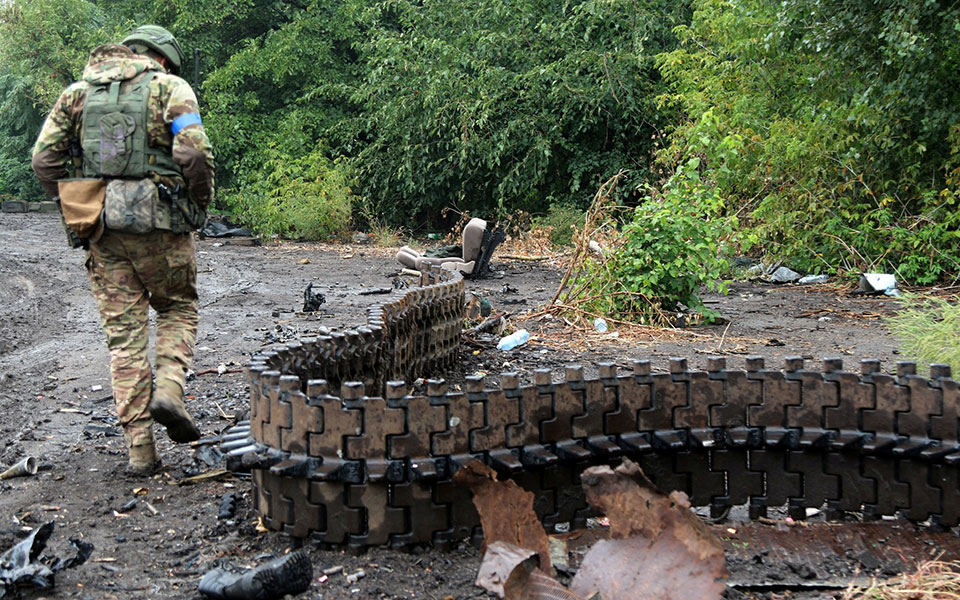
The inadequacy of the Reason, the blindness of the hierarchy, the inability of the war machine to foresee predictable events: obviously, Russia taken by surprise by the Ukrainian counterattack.
In a few days his strength Kyiv they regained the initiative in a war that seemed to have been stuck on an almost immobile front line since early summer. Today they have recaptured many cities and districts covering thousands of square kilometers.
The fact that Moscow did not foresee this “represents a colossal failure of military intelligence,” says Mr. Michael CoffmanAmerican CNA Institute.
“They totally failed”
“Russia failed to predict,” said Pierre Grachet, a historian of international relations and a researcher at the Sirice Center in Paris. Like many others, he is citing the Ukrainian leadership by declaring a counteroffensive in the south ahead of an even larger counteroffensive in northeast Ukraine.
“Small signs could alert Moscow,” he says, especially since Ukraine “appears to have been bombarding the front line in small operations throughout August.”
The effect of the element of surprise becomes all the more unexpected when this conflict is documented by satellite imagery and a large amount of information from the battlefield available in the public domain – what spies call “open sources”. Under these conditions, mass movements of troops and artillery cannot be allowed from the camp of the enemy.
OUR Rob Leefrom Foreign Policy Research Institute (FPRI) Philadelphia, shows that some Russian Telegram channels have been reporting the gathering of Ukrainian forces in the Kharkiv region for a month now.

Extreme centralization
“One of the biggest weaknesses of the Russian army is its slow response to events on the battlefield,” says Rob Lee.
Still held hostage to Soviet culture, the Russian military is “too centralized, but they also make bad decisions, to the point of not making any decisions at all.”
Her crushing defeat Moscow’s attempt to capture Kyiv in March, it had already shed light on the weaknesses of an army that was considered one of the strongest armies in the world.
The Russian military administration “failed to prepare for the import of its weapons NATO“, he writes on his Twitter account. Christopher Doherty CNAS Washington.
rockets Himars as well as Harm and self-propelled howitzers Caesar they changed the course of the conflict far more than Moscow expected. “At every step, Russia fails to make the right decisions quickly,” he insists.
In the confrontation with Russia, Ukraine, inspired by the reform of its army after the loss of Crimea in 2014 and reinforced by the help of the West, hits where it hurts.
“Ukraine’s ability to gather information, manage it, and act quickly and decisively has given it a huge advantage over the hyper-centralized and arteriosclerotic command structure of the Russian military,” Doherty concludes.
Kramchikin, for his part, points to the role Foreign information. “Ukraine receives real-time information from American satellites and long-range spy planes,” he says. “It’s not even a fact that the administration (…) hasn’t turned into at least a Ukrainian-American one.”
AFP
Source: Kathimerini
Anna White is a journalist at 247 News Reel, where she writes on world news and current events. She is known for her insightful analysis and compelling storytelling. Anna’s articles have been widely read and shared, earning her a reputation as a talented and respected journalist. She delivers in-depth and accurate understanding of the world’s most pressing issues.